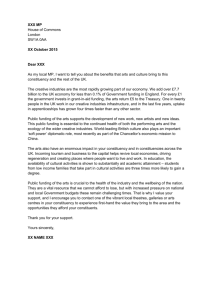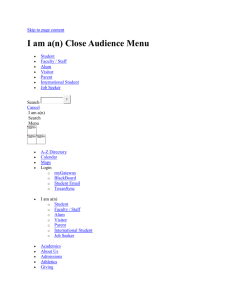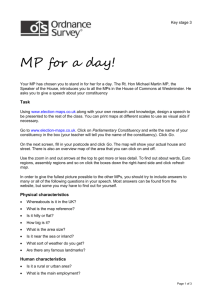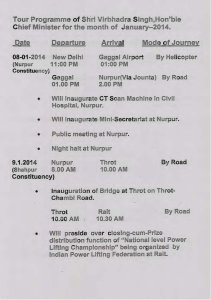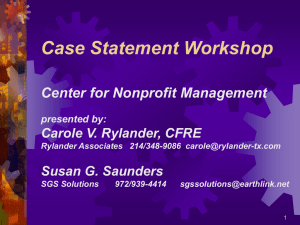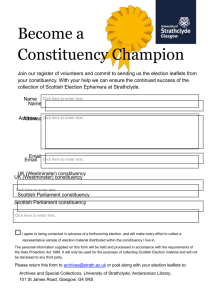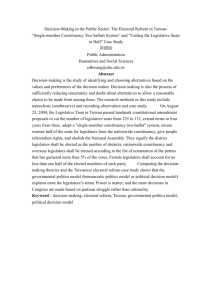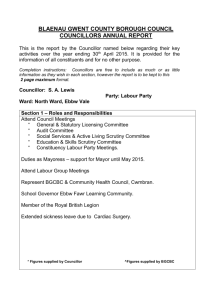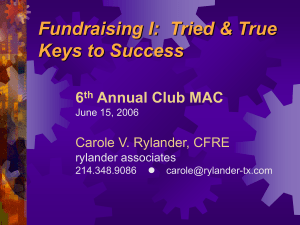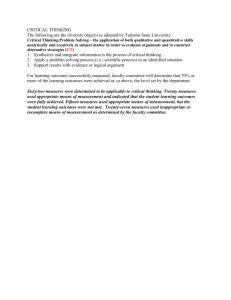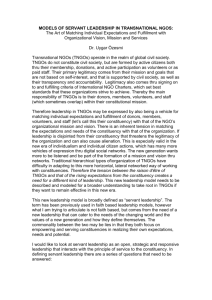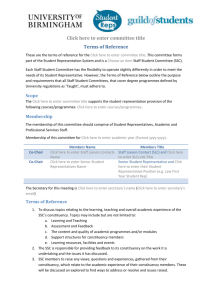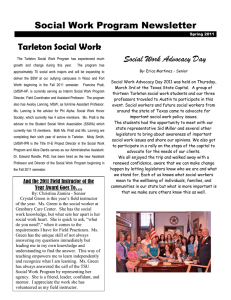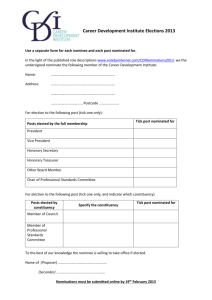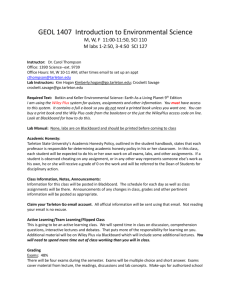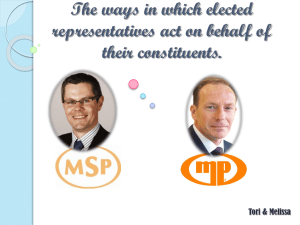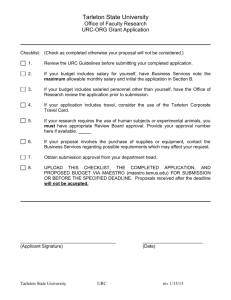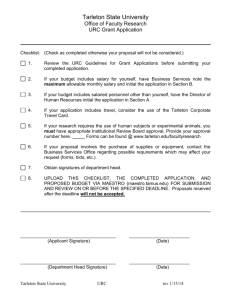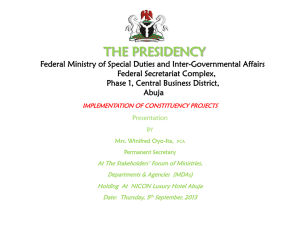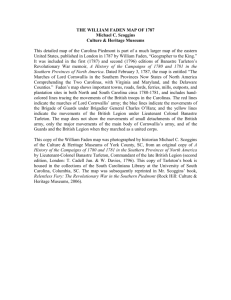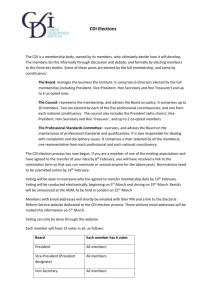Making your Assessment Findings Appetizing and Digestable
advertisement
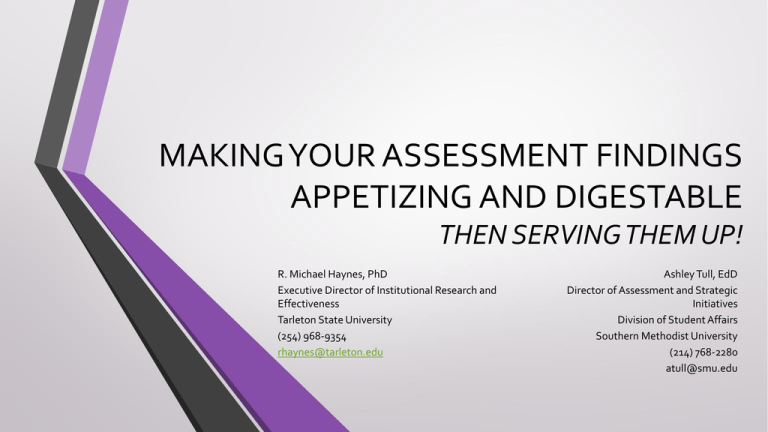
MAKING YOUR ASSESSMENT FINDINGS APPETIZING AND DIGESTABLE THEN SERVING THEM UP! R. Michael Haynes, PhD Executive Director of Institutional Research and Effectiveness Tarleton State University (254) 968-9354 rhaynes@tarleton.edu Ashley Tull, EdD Director of Assessment and Strategic Initiatives Division of Student Affairs Southern Methodist University (214) 768-2280 atull@smu.edu Ok, who’s ready to read and interpret these reports??? Or would you rather read something like these?? What are the obstacles that prevent administrators from using institutional wide, student level, and VERY EXPENSIVE assessment findings?? • • • Omnibus findings can be very overwhelming and result in reluctance to distribute to direct reports • • Delivered assessment reports are typically heavy on data and statistical analysis Most administrators prefer key points /big picture view Findings can be perceived as “threatening” • • Can be perceived as drawing attention to sub-par programs/initiatives Identifies areas where constituents needs are not being met How do we implement programming/initiatives to affect change? Getting the Attention of your Constituency!! • Office of Institutional Research & Effectiveness has identified a new approach! • Idea from TED Talks • Collaboration with Tarleton’s Center for Instructional Innovation • CIRP Summary Release Video • • Keep the video brief as not to lose the attention of your audience; using just enough to pique their interest Do ANYTHING within appropriate limits to get their attention!! • • • Campus news release Social Media Collaborating with student organizations Getting the Attention of your Constituency!! • • CIRP Summary Release Video Concise, user-friendly, executive summaries • • • • CIRP Executive Summary NSSE Executive Summary Makes the findings more palatable Make it user-friendly while thought provoking….AND NON-THREATENING!!! Getting the Attention of your Constituency!! • What to include in your executive summaries • • • • • • • Key Findings: get the crucial points right up front! Include the positive as well as the areas for possible improvement!!! Methodology: give a nod to show you had appropriate research design, protocols, sampling, etc… Contents: tell them what’s in it and where!! Demographics/Profile: what does the sample look like?? Means vs. Means…..what’s statistically significant…but more importantly, what’s the Effect Size!!! Any paired sample questions: demonstrates longitudinal changes on individual students!! AND, always provide links to each sections full report online!! Getting the Attention of your Constituency!!! • One-on-One meetings with constituents!!! • • • • • VPs, Deans, Department Heads Put the responsibility on them…. Instead of saying “call us to schedule a meeting….”, say “our administrative assistant should contact who to schedule a discussion with your group??” Identify 2-3 key points that are relevant to their reporting lines Identify something that YOU can suggest interventions/programming for to improve response means Can you correlate other data with response rate?? T & T….trends and triangulation provide undeniable evidence!!! NSSE Longitudinal Means Report
